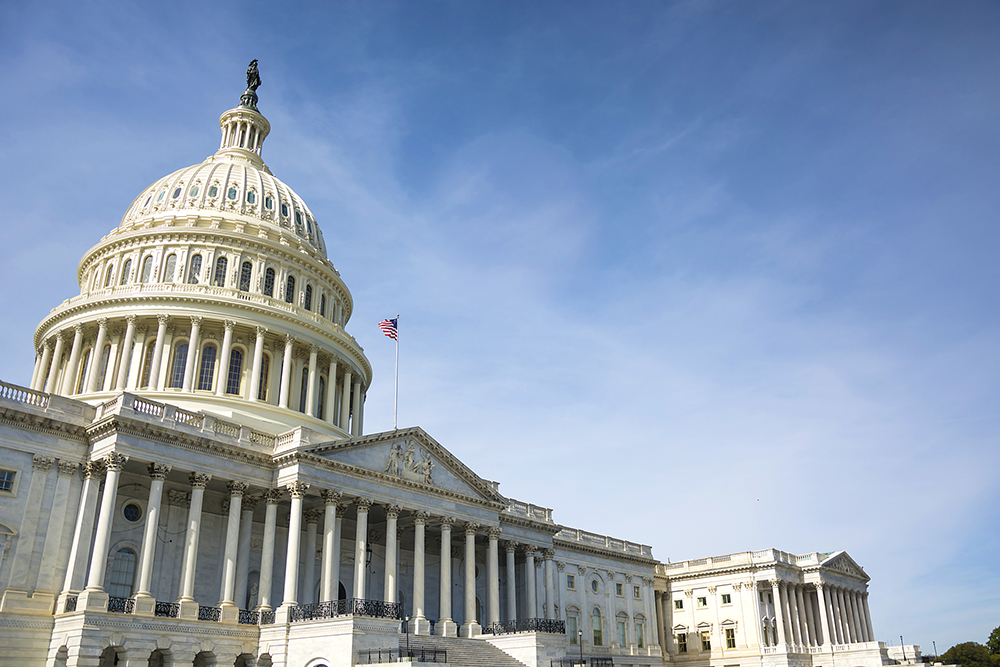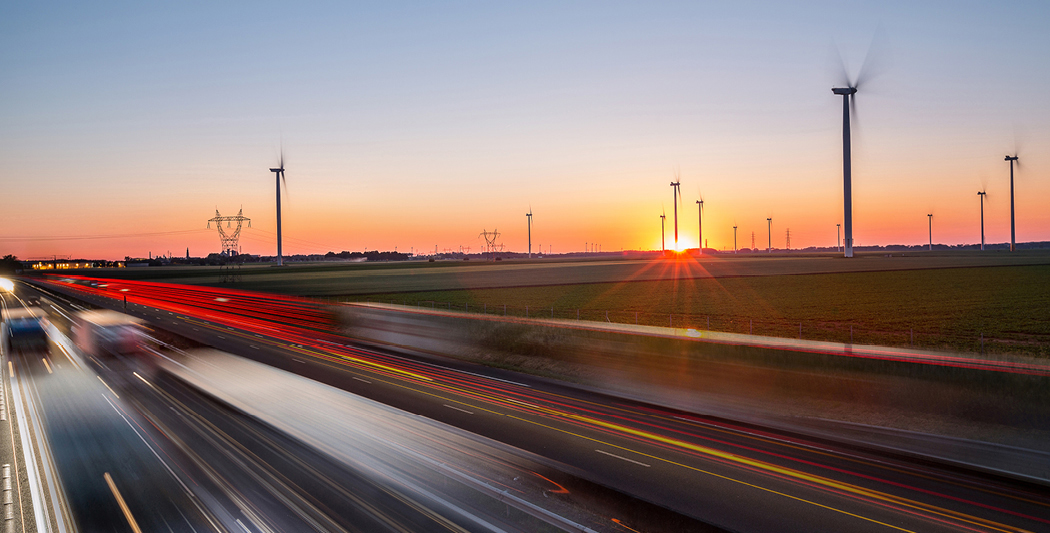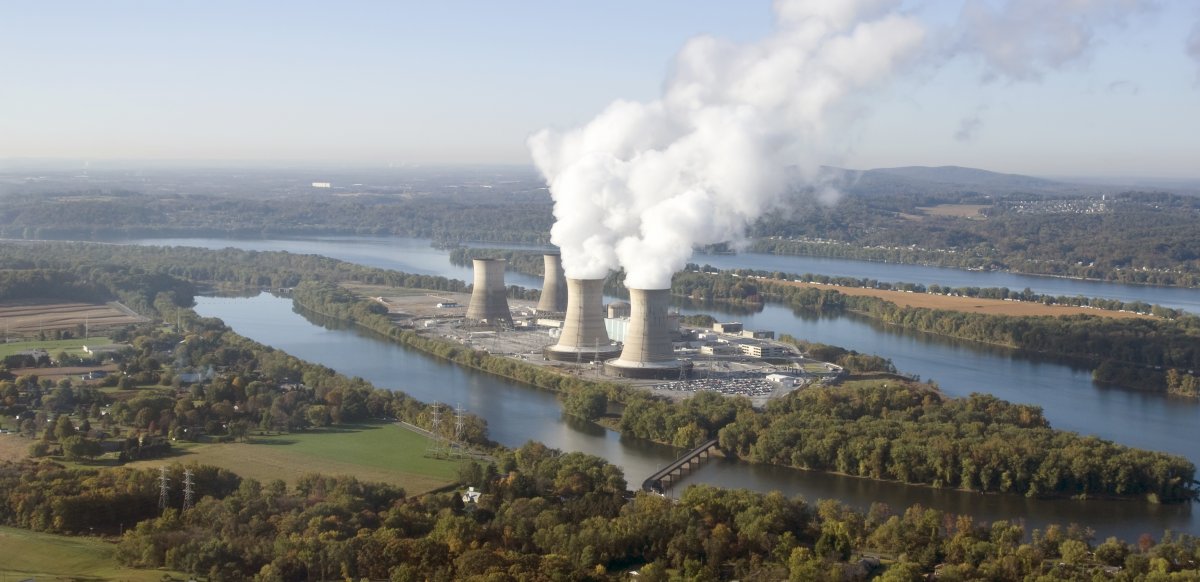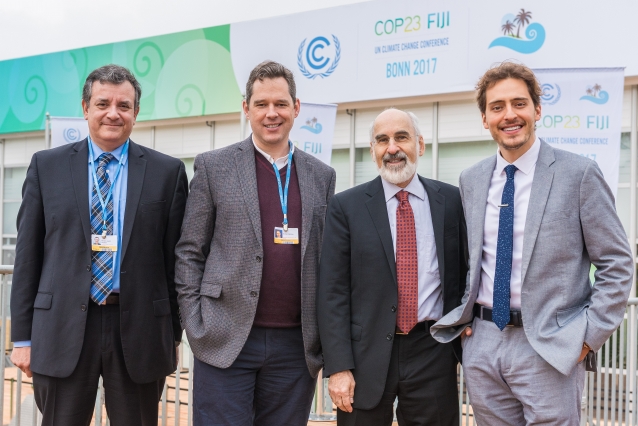
The Use of Regression Statistics to Analyze Imperfect Pricing Policies
Corrective taxes can completely solve a variety of market failures, but actual policies are commonly forced to deviate from the theoretical ideal due to administrative or political constraints. A new CEEPR Working Paper presents a method that requires a minimum of market information to quantify the costs of imperfect pricing, using simple regression statistics.
SEE FULL ARTICLE
A Sector in Transition: Transportation in the 21st Century
MIT CEEPR, together with the Baker Institute, will host experts for a discussion focusing on the future of transportation. Registration is now open, please find details within.
SEE FULL ARTICLE
What’s Killing Nuclear Power in U.S. Electricity Markets?
Prices in U.S. electricity markets fell precipitously in recent years, driving several nuclear power plants to announce plans to close well before the end of their licensed operation. A new working paper provides the first empirical estimate of the geographically heterogeneous impact of three factors on the decline in market prices earned by nuclear plants in the PJM Interconnection between 2008-2016.
SEE FULL ARTICLE
Exploring Ethical Dimensions of Climate Negotiation
At this year’s United Nations Climate Change Conference (COP23), delegates from around the world worked on strategies to accelerate progress toward the goals of the 2015 Paris Agreement. In Bonn, Germany, as negotiators worked to find common ground, MIT researchers from different technology and social science backgrounds shared their ideas for climate action.
SEE FULL ARTICLE
Russia and the Post-Paris World: A New Energy Landscape?
In a new CEEPR working paper, the authors find that climate-related actions outside of Russia decrease Russia’s energy exports and lower Russia’s GDP growth rate. The paper offers suggestions for key elements of the Post-Paris strategy, including diversification of economy, moving to low-carbon energy, and investing in human capital development.
SEE FULL ARTICLE
Helping Mexico Design an Effective Climate Policy
MIT researchers are working with the Mexican government on carbon pricing options to meet the country’s climate goals under the Paris Agreement. For further reading please visit the MIT News site here.
SEE FULL ARTICLE
Subscribe To Our Newsletter
Subscribe now and check outour Past newsletters


